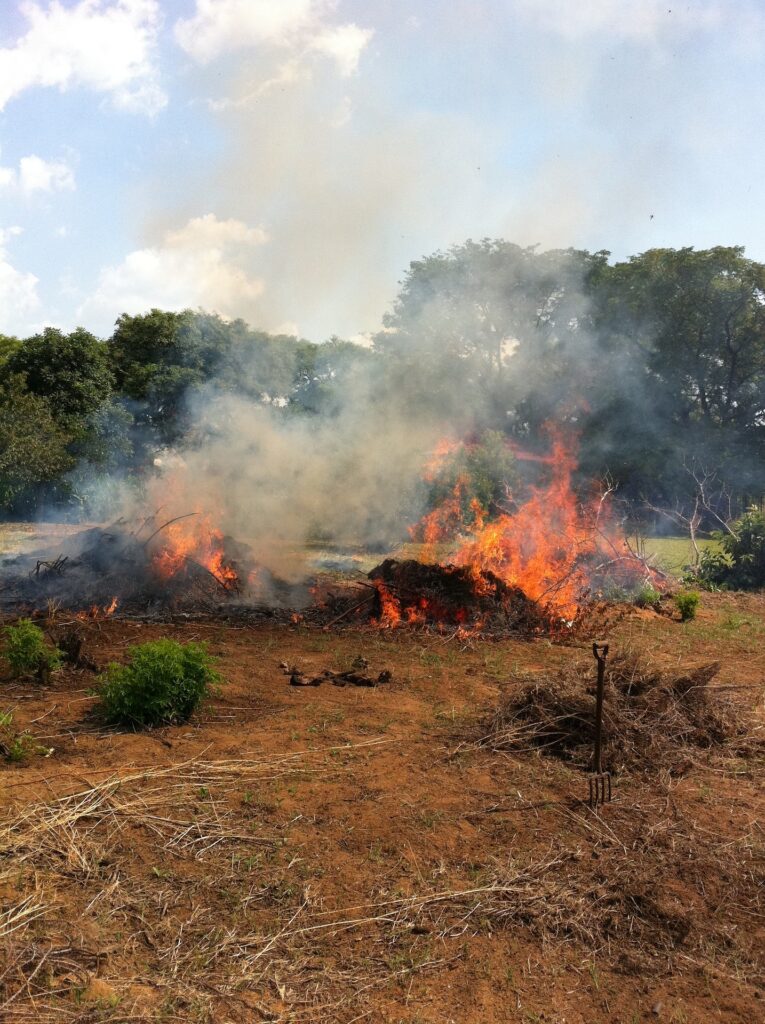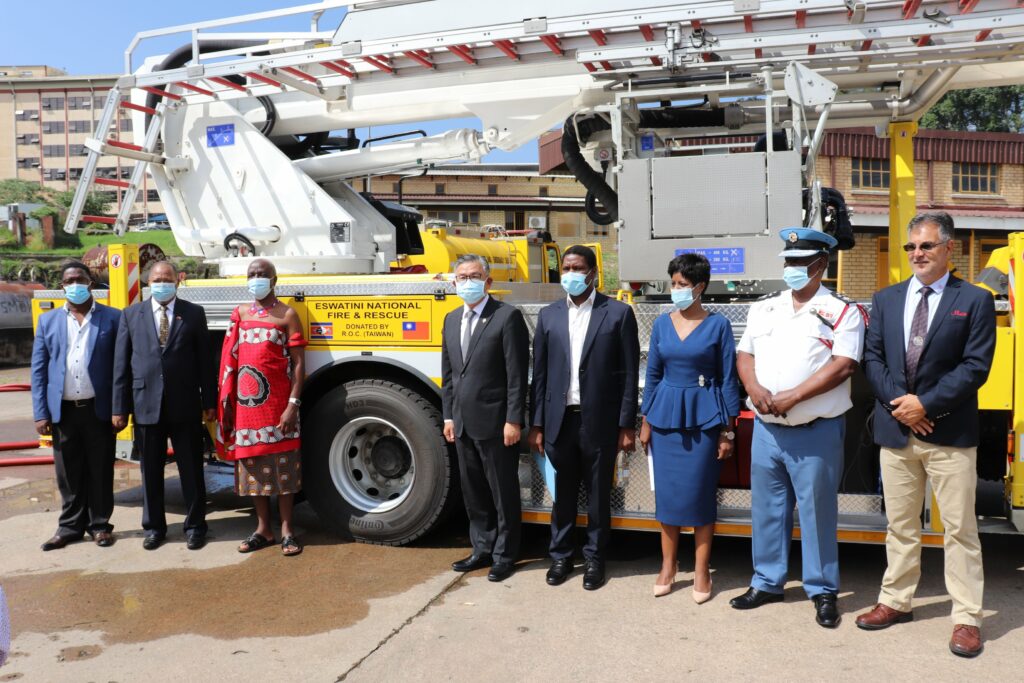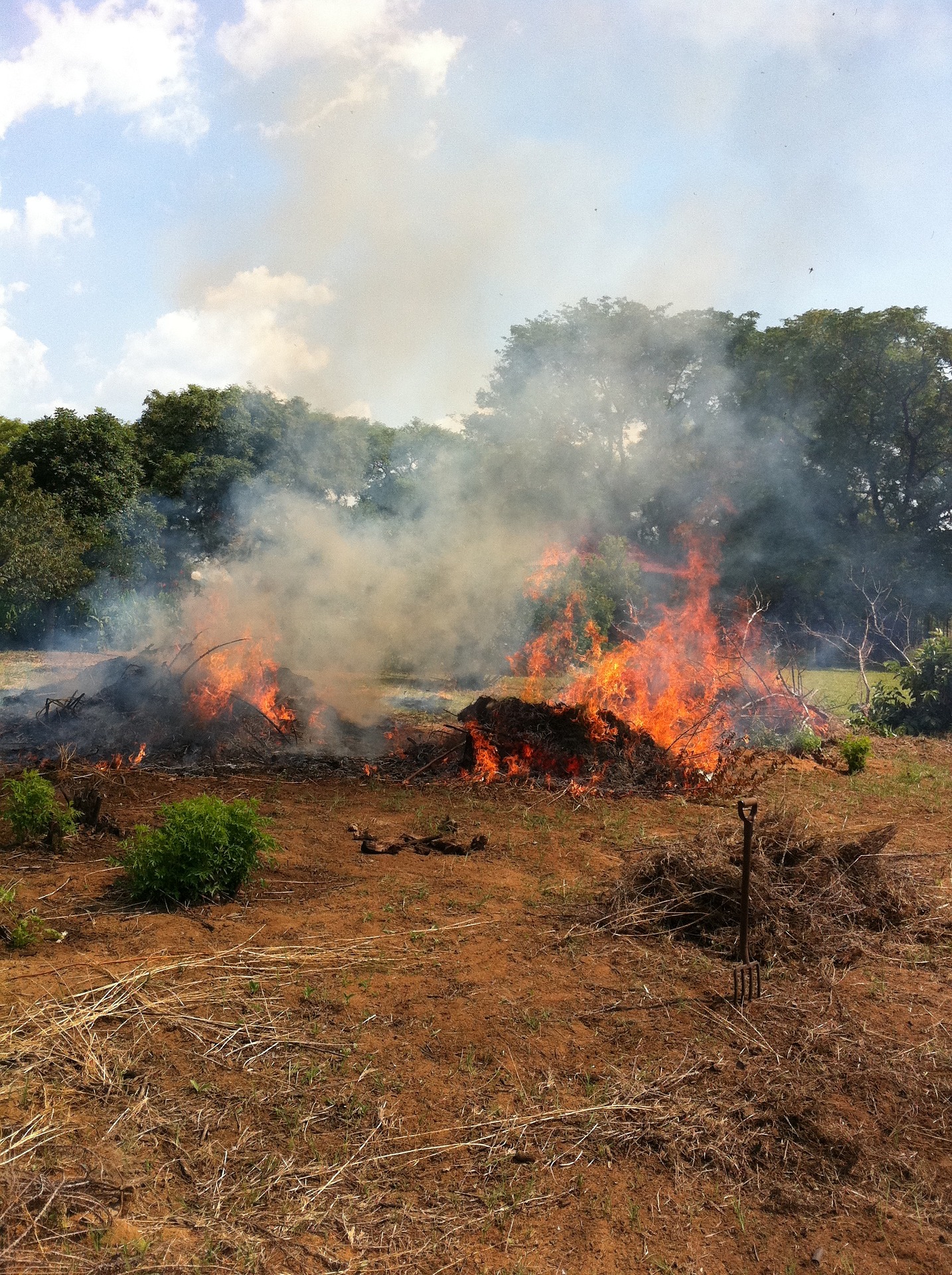
By Bongiwe Zwane- Maseko
Despite fires causing damage worth millions of Emalangeni every year, the kingdom continues to face limitations in its fire management systems.
The National Fire and Emergency Services (NFES) cannot respond to emergencies in a timely way as it lacks adequate resources and personnel. This is according to a report titled “Understanding the Causes, Socio-Economic and Environmental Impacts of 2019 Veld Fires in the Kingdom of Eswatini.”
The study found that fires affect both institutions and communities in Eswatini, and both face challenges in managing fires. It was gathered that the fire management systems currently used in the Kingdom of Eswatini are not enough to meet the standard, leading to high incidences and widespread fires.
“The greatest challenge faced by most communities and institutions is the late response of the NFES, who are being limited by lack of resources and personnel. The lack of resources and lack of National Fire Emergency Service Personnel are other key issues that pose a great challenge to fire management and control in the Kingdom of Eswatini. The study sought to understand the capacity level of NFES to respond promptly to fire outbreaks. It is important to state that the NFES operates under the King’s Order in Council, 1975, and is currently housed in the Ministry of Housing and Urban Development,” the report reads.
It states that the NFES is mandated to respond to fire outbreaks of any nature and provide emergency and rescue services that include attending to road accidents and rescue of people trapped in buildings and lifts.
“According to information from the NFES, the institution does not have, nor does it use any technology for fire detection and early warning systems for proactive, timely, and efficient response to save lives, property, and the environment. However, the NFES relies on telephonic alerts in the event of fire outbreaks. The study also gathered that the NFES is limited on firefighting equipment and has one firefighting vehicle appropriate for tall buildings and one vehicle appropriate for tackling extreme fires, which is kept at the NFES headquarters. In case of fires, especially at a location away from the station where the special equipment is kept, the capacity of the NFES to efficiently deal with fire outbreaks is greatly compromised taking into consideration the rugged terrain, country road networks, and geography of the country,” reads the report.

The fire-relevant legislation in the country includes the Grass Fire Act (44) of 1955, the Forest Preservation Act (14) of 1910, and the Private Forests Act (3) of 1951. It is noted that these pieces of legislation are outdated and likely to have challenges when pitched against current-day social economic and environmental conditions.
The report highlights that commercial forest companies registered their discontent with fire management and the existing fire legislation and fire coordination in the country and prayed for a review of the fire legislation to be in line with the current times and to comprehensively deal with existing challenges related to fire management and prevention in the country.
On another note, the Study found that veld fires have become a frequent and most devastating disaster in the predominantly savanna ecosystems of the Kingdom and that these are mainly driven by anthropogenic activities which include arson and conflicts, uncontrolled burning of waste, and improper handling and management of fires, and to a lesser extent, natural causes such as the collision of electric cables.
“Veld fires have several impacts on both people and the environment and such impacts range destruction of flora and fauna, loss of biodiversity, loss of production assets, and destruction of property and infrastructure, which may trigger stress and other psychological and stress-related problems on the affected people. The impact of fire within the country was felt in several livelihoods, water supply, environment, biodiversity, infrastructure, and production assets. Most of the fires were caused by wildfires and negligence and the greatest challenge faced by the country is the delays of the NFES in responding to fire cases and that most people in the country lack fire knowledge and information,” the report states.
Since the beginning of this year, 435 veld fires have been attended to by the NFES.






